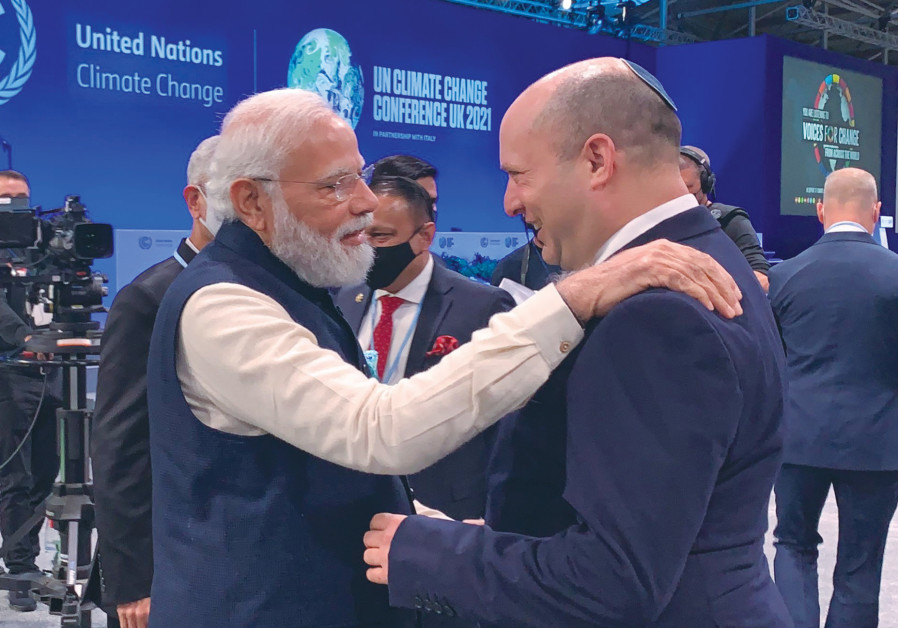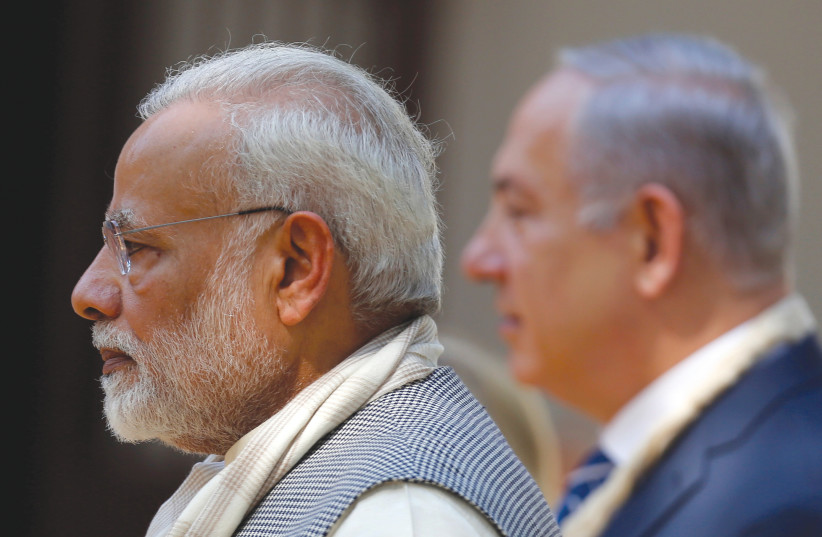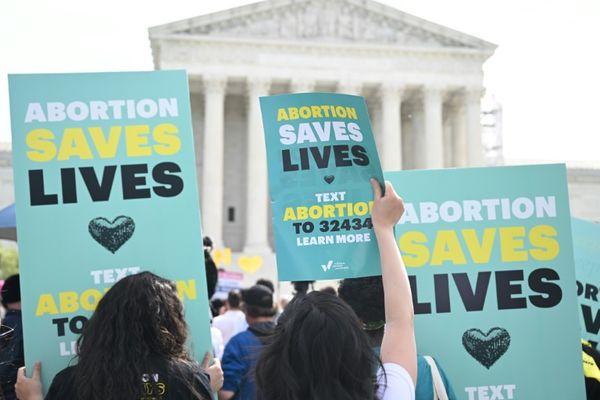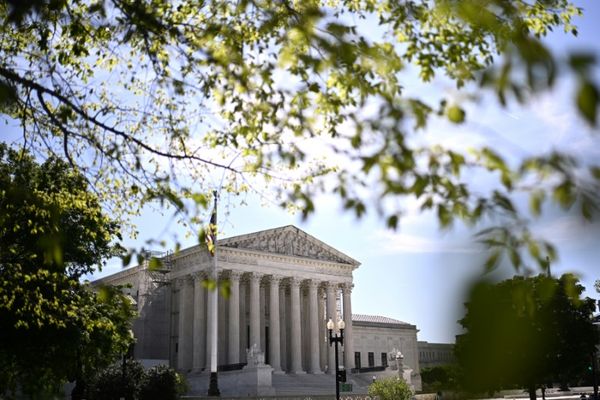
Last week, the Dangoor Centre at Bar-Ilan University marked 30 years of India-Israel relations. Despite the 4,000 km. distance between the two countries, there seem to be more similarities than differences between them. Both are the sole democratic countries in their region, both countries face considerable internal rifts and predominantly face the threat of radical Islam. But emphasis on similarities was not something that brought the two countries to reach formal diplomatic relations.
This relationship has experienced its ups and downs. Today the relations are mostly on the rise, with declared, public relations on the table, contrary to what characterized the beginning of the relationship. The story between India and Israel, or the Zionist movement, dates back to the Gandhi era.
Of course, Mohandas Karamanch and Mahatma Gandhi were not particularly sympathetic to the Zionist movement but this is mainly due to our position as Israelis. As Gandhi famously said: “Palestine belongs to the Palestinians as England belongs to the English”. But Gandhi’s attitude toward the Zionist movement stemmed largely from his perception of the world.
He saw the Zionist movement as a movement with religious characteristics and that was mainly what deterred him. Jawaharlal Nehru was Gandhi’s successor in this conception, so it is clear why he chose this narrative. When India gained independence, Nehru maintained that its independence in shaping foreign policy was especially important.
Take the trauma of partition, rivalry with a Muslim-Pakistani state combined with a very small, Muslim minority within the country and the result will be a hostile attitude toward Israel. India was among the leaders at the UN in the days prior to the declaration of the State of Israel to try to change this destiny and support the Arab narrative. On top of all this complexity was the nature of the international system at the time of the Cold War.

India tried to maintain and largely lead the perception of nonaligned states. This occurred mainly because it needed the assistance of the two superpowers and therefore couldn’t afford to take a clear side. But the real story was that India deeply disliked what the imperialist western world stood for and (Nehru) largely admired the five-year plan of the Soviets.
In the early 1970s (post Six Day War), along with a rapprochement with the Soviet Union, India was the first to recognize the PLO as an organization and give it diplomatic status, while its attitude towards Israel became hostile. What’s interesting about the whole thing is that Israel continued to support India during the Indo-Pakistan War at a time when the Arab world was in no rush to do so. A change was seen in the 1980s with the rise of Rajiv Gandhi, Indira’s son, when India began to become closer to the West and Israel but he was unable to take the necessary step, largely due to internal constraints such as the rise of conflicts between Muslims and Hindus along with political instability. We’d have to wait until the early 1990s.
WHAT SET the ‘90s apart was the combination of several Gulf War opportunities – an economic crisis in India, the Muslim minority starting to abandon the Congress Party, Israel becoming less of an outcast due to Arab countries beginning to talk to Israel, and India recognizing an opportunity to jump on the bandwagon.
Certainly, China was doing this before India (this week also marked the anniversary of the establishment of Sino-Israel relations) and India understood that there was a gap to be bridged. What is unique about this is that the Congress Party for years adopted the narrative that relations with Israel wouldn’t be established. Surprisingly, it was then-prime minister Narasimha Rao of the National Congress Party who led this move.
All of this is in the broader context of the relationship being formed. It is impossible to disconnect those who are talking about a relationship between countries – especially when a relationship is being established. From the early to late 1990s there were visits and agreements between the countries but on a low flame. In the late 1990s, when the Bharatiya Janata Party rose and Israel again lent support (after India’s nuclear test and the embargo on India following the Kargil crisis).
It was only with the rise of Narendra Modi in 2014 that the relationship became distinctly declared and public. The great innovation I learned while writing my Ph.D. was the role of the Indian Foreign Ministry in shaping foreign policy and India’s perception of Israel. It is commonly believed that Modi brought about the shift in perception.
But whether his policies are a continuation or newly-formulated is still heavily debated. The same goes for Israel and to what extent the details I have touched upon so far led to an improvement in relations and to what extent it was Modi’s impact. Either way, neither option can be disregarded.
It is important to understand that Israel is important to India in areas such as agriculture, technology, water as well as weapons. Why does Israel need India? The answer is the same, only that here it is important to pay attention. Israel, in my opinion, should show importance as a regional power (one that also wants to be an international power). In recent years, there has been an Indian foothold in the Middle East which can only help the two countries continue to cooperate in different areas.
And in the future? It is difficult to predict accurately but it is safe to assume that a regime change in India will not shake the relationship between the countries. Whether or not we will publicly witness good relations between the countries all depends on the wider picture of interests and the international situation.
The writer is a Ph.D. candidate in the Department of Political Studies at Bar-Ilan University. She was a guest speaker at a conference hosted by the Dangoor Centre at Bar-Ilan marking 30 years since the establishment of India-Israel relations.







